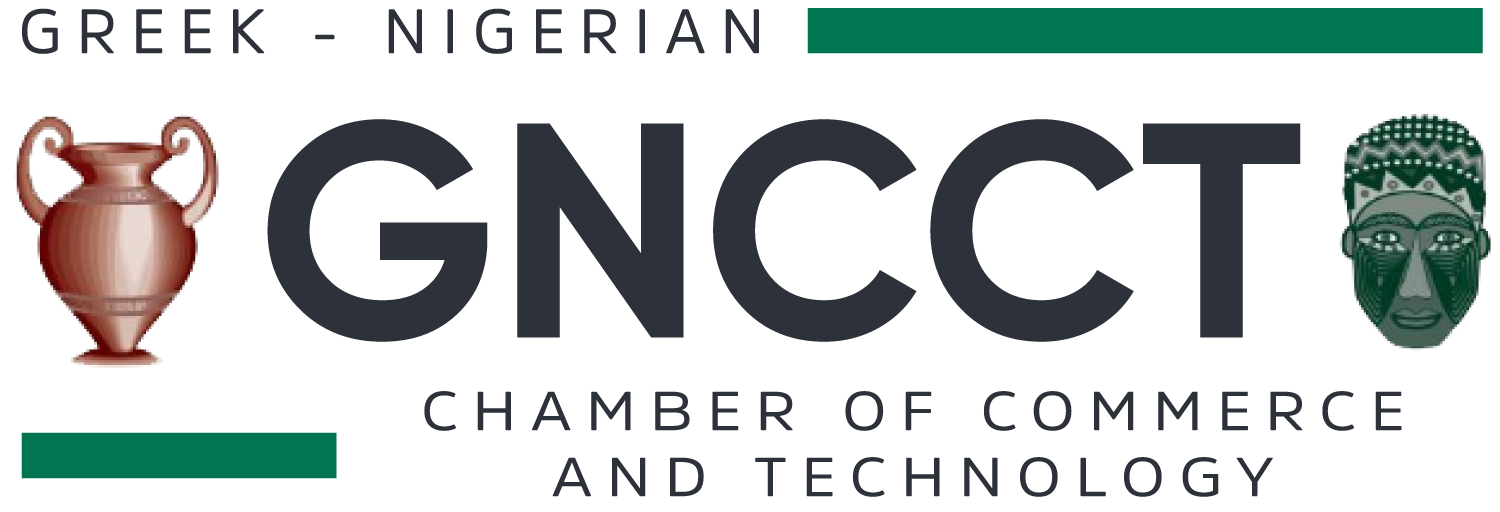Feel free to contact us
Do You Have Questions?
Please review the questions below. If you cannot find a suitable answer, kindly send us your inquiry, and we will respond as soon as possible.
F.A.Qs
Frequently asked questions
Nigeria can be a challenging place to do business due to factors such as security concerns, corruption, and infrastructure issues. However, with proper planning, risk assessment, and understanding of the local business environment, it is possible to navigate these challenges and find success in Nigeria. Many businesses operate successfully in Nigeria, and the country offers various opportunities for investment and growth. It is important to conduct thorough research, seek local advice, and take necessary precautions to ensure a safe and successful business operation in Nigeria.
In Nigeria, some of the most profitable business opportunities include:
- Agriculture: Nigeria has a large agricultural sector with opportunities in crop production, livestock farming, and agribusiness.
- Real Estate: The real estate sector in Nigeria offers opportunities for property development, rental income, and property management.
- Manufacturing: Setting up manufacturing businesses in sectors such as food processing, textiles, and construction materials can be profitable.
- Information Technology: The tech industry in Nigeria is growing, with opportunities in software development, e-commerce, and digital services.
- Oil and Gas: Nigeria is a major oil producer, and businesses in the oil and gas sector can be lucrative for those with the expertise and resources.
- Healthcare: Investing in healthcare services, pharmaceuticals, or medical equipment can be profitable due to the growing demand for quality healthcare in Nigeria.
Nevertheless, entrepreneurs should conduct thorough market research and feasibility studies to identify profitable business opportunities that align with their skills, interests, and resources.
Yes, it is possible to start a business in Nigeria with little capital. Many successful businesses in Nigeria started small and grew over time through hard work, innovation, and strategic planning. Some low-cost business ideas that entrepreneurs can consider in Nigeria include starting a small retail shop, offering freelance services, or selling products online. With creativity, determination, and a solid business plan, it is possible to start a business in Nigeria with limited capital and gradually expand as the business grows.
Yes, in Nigeria, there are regulations and restrictions on foreign investment in certain sectors of the economy. The Nigerian Investment Promotion Commission (NIPC) is the government agency responsible for promoting and regulating foreign investment in Nigeria. Foreign investors are required to register their investments with the NIPC and comply with certain guidelines and procedures to operate legally in Nigeria.
Some sectors of the economy, such as telecommunications, oil and gas, and banking, may have specific requirements and restrictions on foreign ownership and investment. It is important for foreign investors to conduct thorough research and seek legal advice to understand the regulations and procedures related to foreign investment in Nigeria.
Yes, it is possible for an upcoming business in Nigeria to take a loan to finance its operations or expansion. Many financial institutions in Nigeria offer business loans to entrepreneurs and small businesses to help them grow and succeed.
It is important for businesses to have a solid business plan, financial projections, and a good credit history when applying for a loan. Additionally, entrepreneurs can explore government-backed loan programs and grants that are available to support small businesses in Nigeria.
Imports and exports in Nigeria are subject to various taxes and duties. The government imposes customs duties, excise duties, value-added tax (VAT), and other levies on imported goods. The rates of these taxes can vary depending on the type of goods being imported or exported.
Establishing a business in Nigeria involves various costs, including:
- Incorporation Fees: Registering a business with the Corporate Affairs Commission incurs fees, which vary depending on the type of business structure chosen.
- Licenses and Permits: Businesses may need to obtain licenses and permits to operate legally, and these often come with associated fees.
- Space: Renting or leasing office space for the business incurs costs, which can vary based on location and size.
- Equipment and Supplies: Purchasing necessary equipment, tools, and supplies for the business operations can be a significant cost.
- Utilities: Setting up utilities such as electricity, water, and internet services for the business premises requires initial deposits and ongoing monthly expenses.
- Marketing and Advertising: Promoting the business through marketing and advertising efforts requires a budget for activities such as branding, advertising campaigns, and digital marketing.
Salaries and Benefits: Hiring employees and providing salaries, benefits, and training incur costs that need to be budgeted for.
It is important for entrepreneurs to carefully plan and budget for these costs when establishing a business in Nigeria.
Insurance plays an important role in Nigeria, providing citizens with protection and financial security in various aspects of their lives. Citizens in Nigeria can obtain different type of insurance coverage, including health insurance, life insurance, property insurance and vehicle insurance.
Health insurance companies offer various insurance plans to individuals and families. These health insurance companies work with a network of hospitals and healthcare providers to ensure that policyholders have access to quality healthcare services when needed. Some popular health insurance companies in Nigeria include Hygeia HMO, AXA Mansard Health, Leadway Health, Reliance HMO, and Avon HMO.
Additionally, there are many hospitals and healthcare facilities across Nigeria that accept health insurance coverage. These hospitals provide a range of medical services, including consultations, diagnostic tests, surgeries, and treatments, to individuals with health insurance plans. It is important for individuals to check with their health insurance provider to confirm the list of hospitals and healthcare facilities covered by their insurance plan.

Ask Us
Quick contact form


